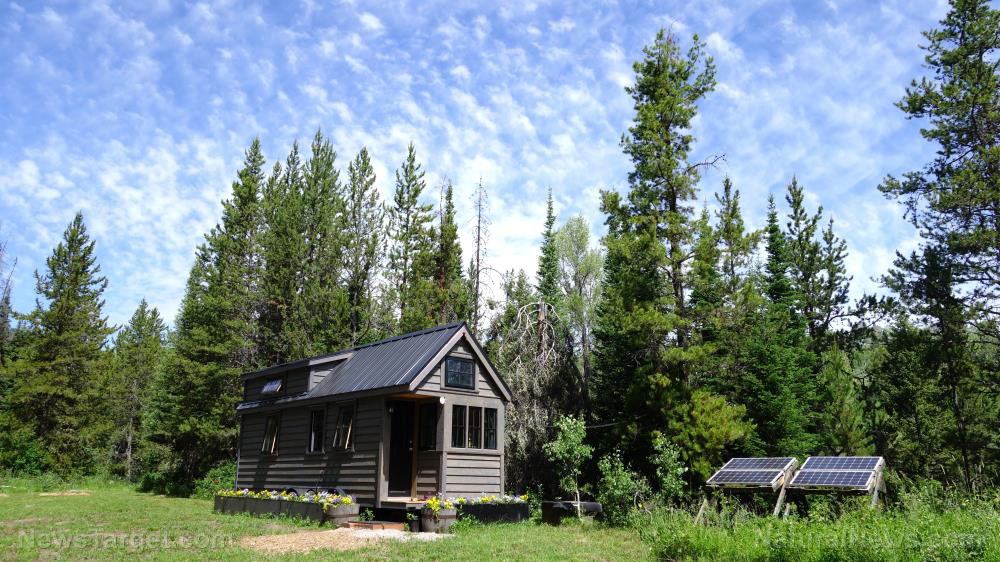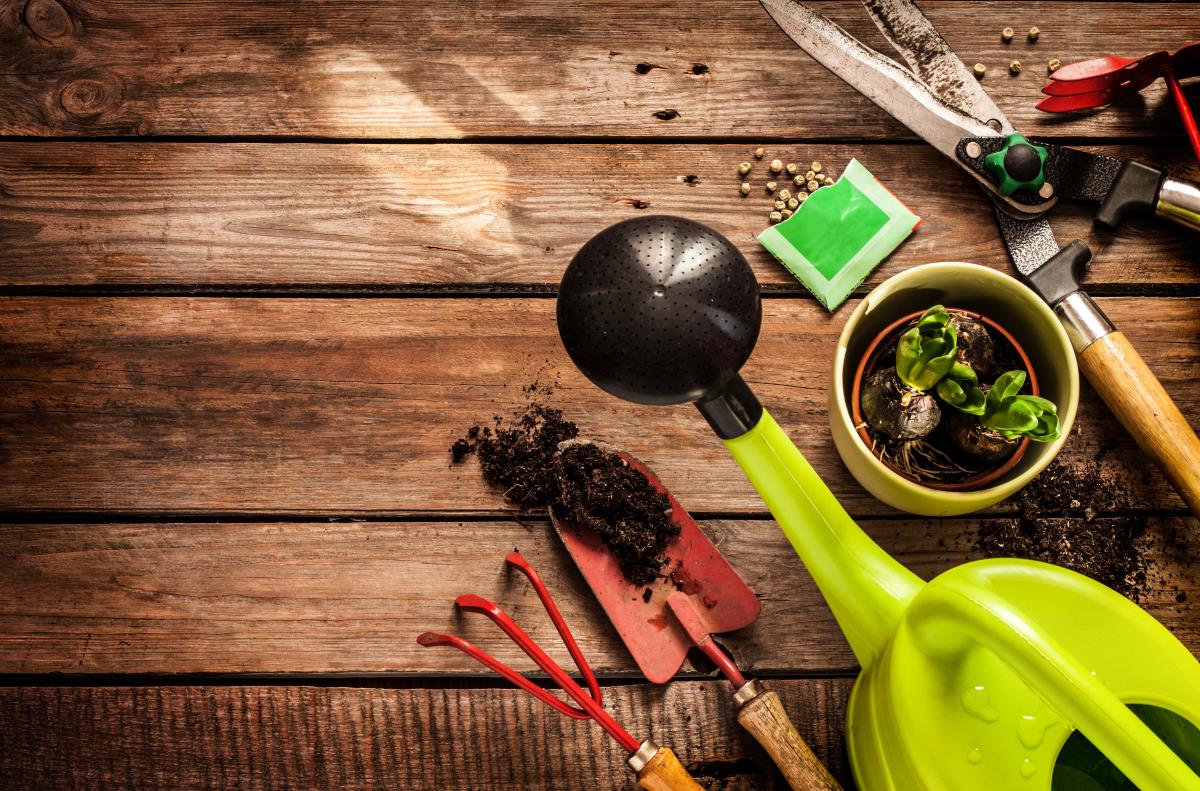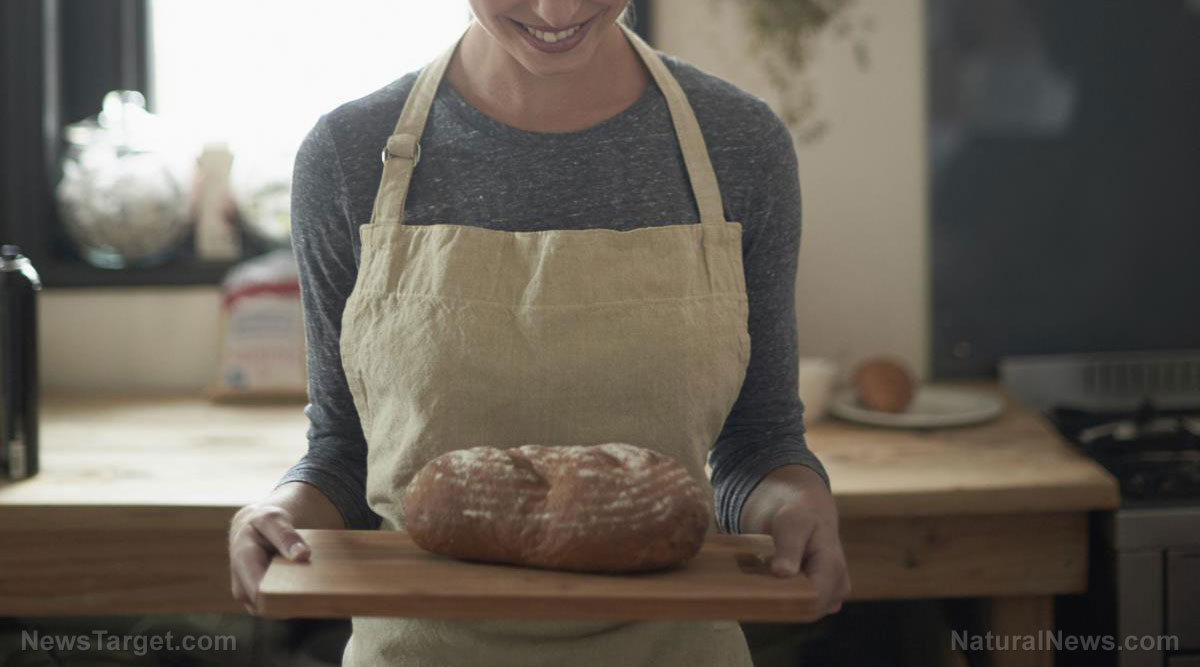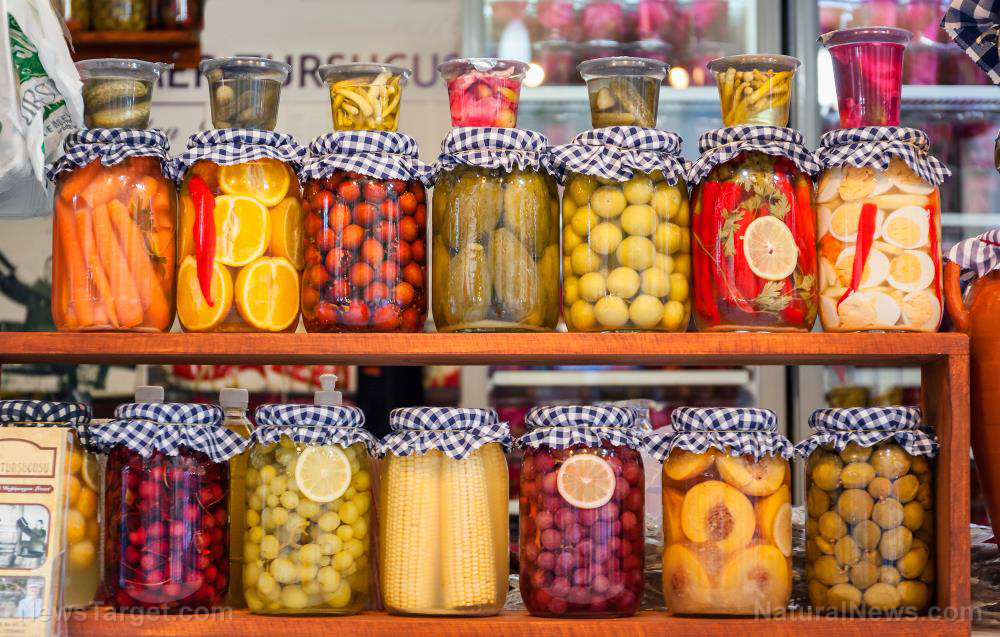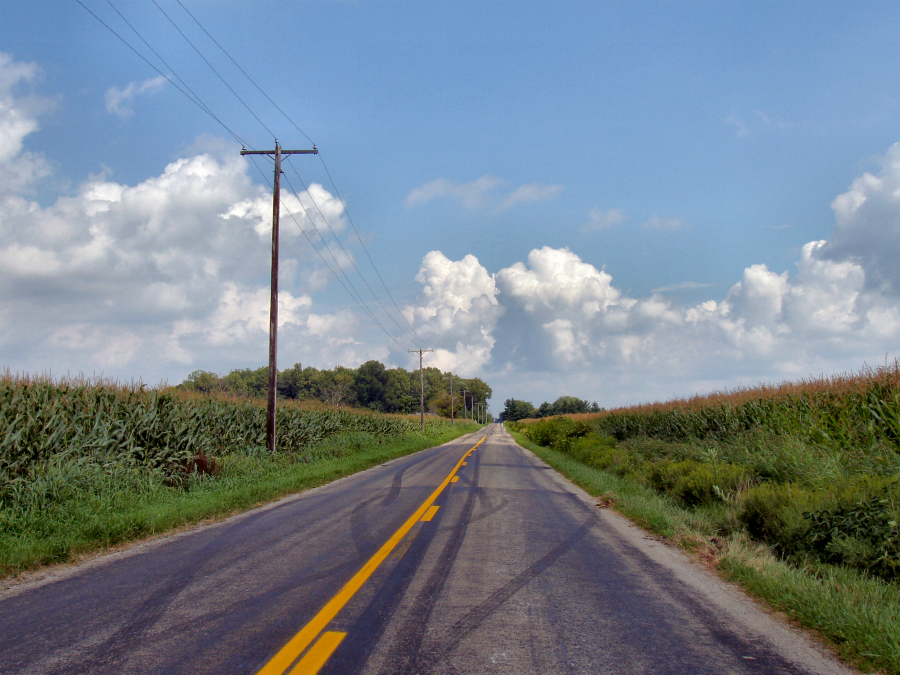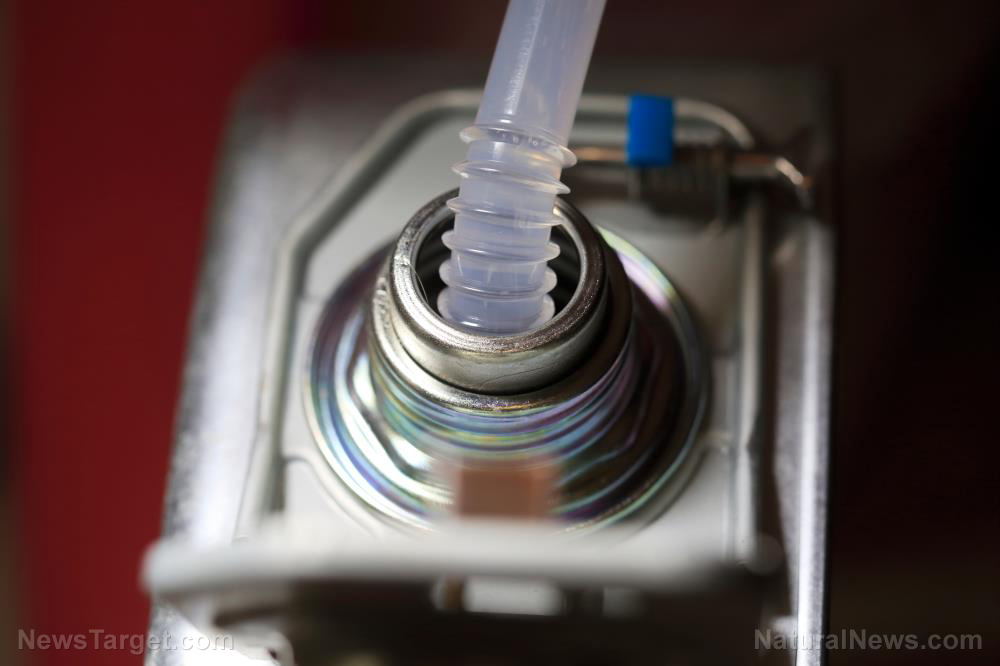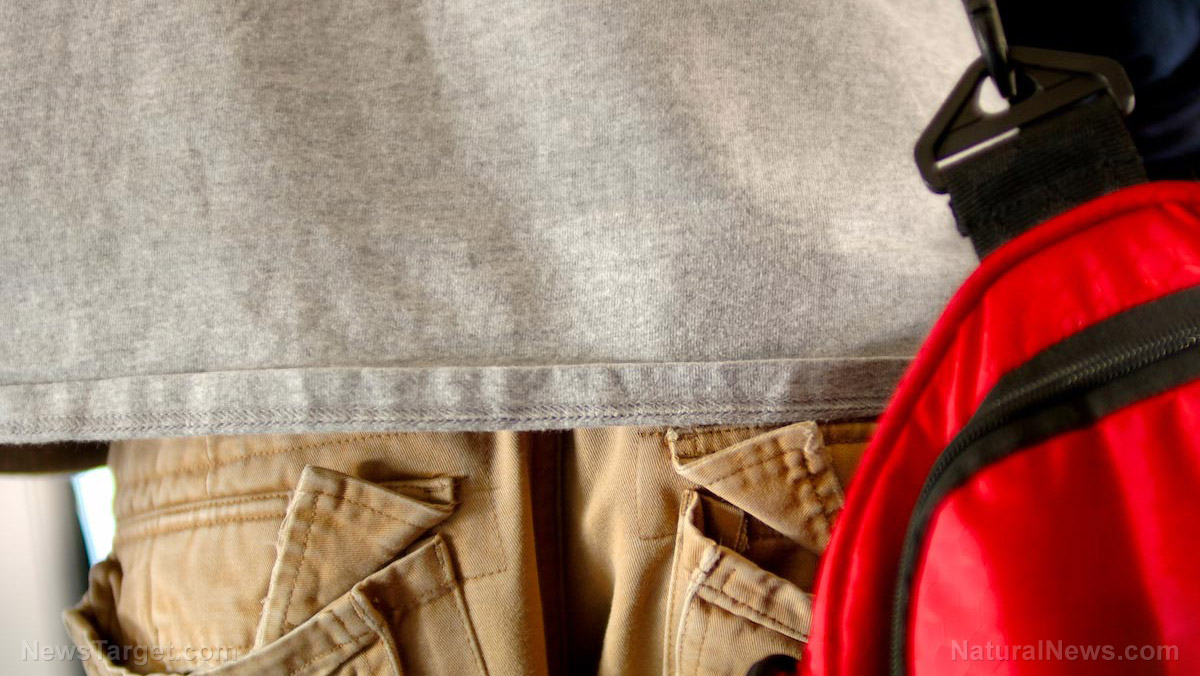How to make homemade MREs (Meals Ready-to-Eat ) for your survival stockpile
11/05/2019 / By Grace Olson

Food supply is one of the top priorities when preparing for disaster, but convenient sources like grocery stores may become inaccessible when SHTF. In the event of a hurricane or tornado, you’ll need a steady supply of food to sustain you and your family until the conditions outside improve.
The key to making sure that your supplies last is packing your own MREs (meals ready-to-eat). Not only are they cheaper than store-bought MREs, you can personalize them as well. Learn to pack your own MREs by reading more below. (h/t to ThePrepperJournal.com)
Things to consider when making MRE
Making your own MRE may seem like a daunting task, but it’s actually quite simple. To get started, follow these simple steps:
1. Be a smart buyer
Set aside some time for you and your family to go to the supermarket. Take this time to teach your children some pointers on choosing the proper foods for storage, including:
- Picking out the dried version of foods, such as powdered milk or dried fruits
- Checking the expiration dates on canned products
- Pointing out staple products, like baking ingredients, grains, and condiments
Strike a balance between buying packed foods that need water and those that don’t. In case water isn’t available, at least you’ll still have food to eat.
Buy the food items by box. If they’re powdered items, buy them by jar. You’ll be dividing them later, so none of them will go to waste.
Don’t forget to buy Ziploc bags and Mylar bags for packaging later.
2. Balance your foods
Once you and your family have finished buying items, you can mix and match your meal preps. Pick out which foods you commonly eat in one meal. You usually have the main course, a side dish, and a drink. Consider the example below:
- 1 cup of oats
- 1 granola bar
- 1 teaspoon of instant coffee
- 3 tablespoons of dry milk
- Some tissue
Add some variety in your meals by packing different foods. For example, you can have instant noodles in one meal and oatmeal on the other.
Additionally, consider the nutritional value of each meal. If there’s not enough protein, add some chia seeds. They’re excellent sources of protein. (Related: Looking for plant-based protein? Here are 14 foods that are packed with it.)
3. Learn how to pack them properly
After dividing the food items into piles, the next step is to put them into bags. Proper packaging protects your food from contamination and ensures a longer shelf life.
Place all powdered items in small Ziploc bags and secure them with tape.
Assemble all the items in vacuum sealer bags and seal them properly. If you have an oxygen absorber, use it to remove all the moisture inside the bag and make your MRE last longer.
Once sealed, mark the MRE with its contents and the date it’s sealed.
Tips for a lasting food supply
Having MREs is convenient and helpful during disasters, but much of the foods’ nutritional values are sacrificed to make them last longer. A lot of packaged foods from grocery stores contain high amounts of preservatives and sodium, which can have negative effects on your health in the long run.
Here are some ways to have access to healthier alternatives:
1. Grow your own food
Nothing beats the nutritional value of homegrown food. Whether you have a garden or some livestock, these will provide you with a lasting supply of fresh produce. In case of space constraints, set up a small potted garden on your windowsill. Your plants will have access to sunlight and grow better.
Another perk of having your own produce is that you can add them to your MREs. Mix your homegrown vegetables to your instant noodles, immediately boosting its nutritional value. Make an omelette with fresh picked eggs, tomatoes, and canned tuna.
2. Invest in a dehydrator
Whether you grow your own produce or buy them from the market, dehydrating these foods will make them last a long time. One popular example is tomato leather. Simply puree the tomato and bake the mixture. Another example are dried fruits. They can become add-ons to almost any kind of food.
Overall, the possibilities are endless when it comes to making your own MREs. Be creative and don’t be afraid to explore. For more tips and tricks on preparing your food supply, check out Preparedness.news.
Sources include:
Tagged Under: cheap foods, dehydrating food, DIY, DIY MRE, food supply, home gardening, homemade MRE, homesteading, how-to, meals ready-to-eat, MRE, preparedness, prepper, prepping, smart buying, survival, survival stockpile, survivalist
RECENT NEWS & ARTICLES
Homesteading.News is a fact-based public education website published by Homesteading News Features, LLC.
All content copyright © 2018 by Homesteading News Features, LLC.
Contact Us with Tips or Corrections
All trademarks, registered trademarks and servicemarks mentioned on this site are the property of their respective owners.


